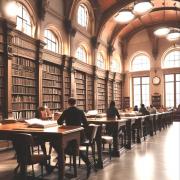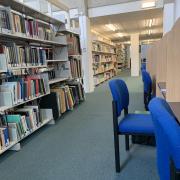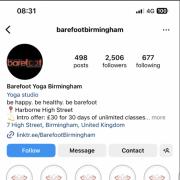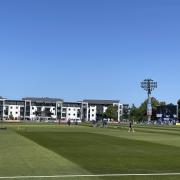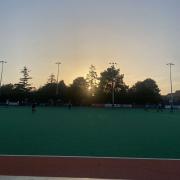
28/04/2020. Apollo theatre.
Not a very significant date. But a very significant place. But how do they both connect? And why am I writing about it?
It was important, to me at least. And maybe a few other London students who are actually concerned about their GCSE’s. It was a conference. A lecture. This is the point at which most of you readers would stop reading this article and be like who in their right minds would go to a lecture? Let’s be honest, I was like that at first too, but that changed my mind.
Exactly five very amazing scientists of whom majority were physicists, gave half an hour talk about subjects they were truly passionate about. These included time travel, climate change, and marine biology. There was also an extremely helpful GCSE examiner who explained to the audience what a typical GCSE examiner would expect in answers.
Students from schools all over London and its suburbs listened in pin-drop silence to what the examiner told us. He specifically explained how to answer each question in the science papers and how to prepare for the exams.
Did you know time travel into the future is theoretically possible, if we had the right technology? Did you know that in some cases ice sinks to the bottom of a cup filled with liquid, and doesn’t necessarily float like in water?
No.
I’m guessing you did not know. This is why scientists are so important to the world. The majority of people on earth have the stereotypical image of scientist sitting around in labs around the world in lab coats wasting taxpayers’ money by experiments that go wrong most of the time.
NO.
They do physical work too, like go on expeditions on ships to the arctic and study the ocean by living at sea for long periods of time. And that is why, my fellow peers, I urge you to fill your brain with these fascinating facts about science.
Go learn about the world we live in, our home, and learn how to take good care of it.
By Sanchana Hiththatiyage, Farringtons School




